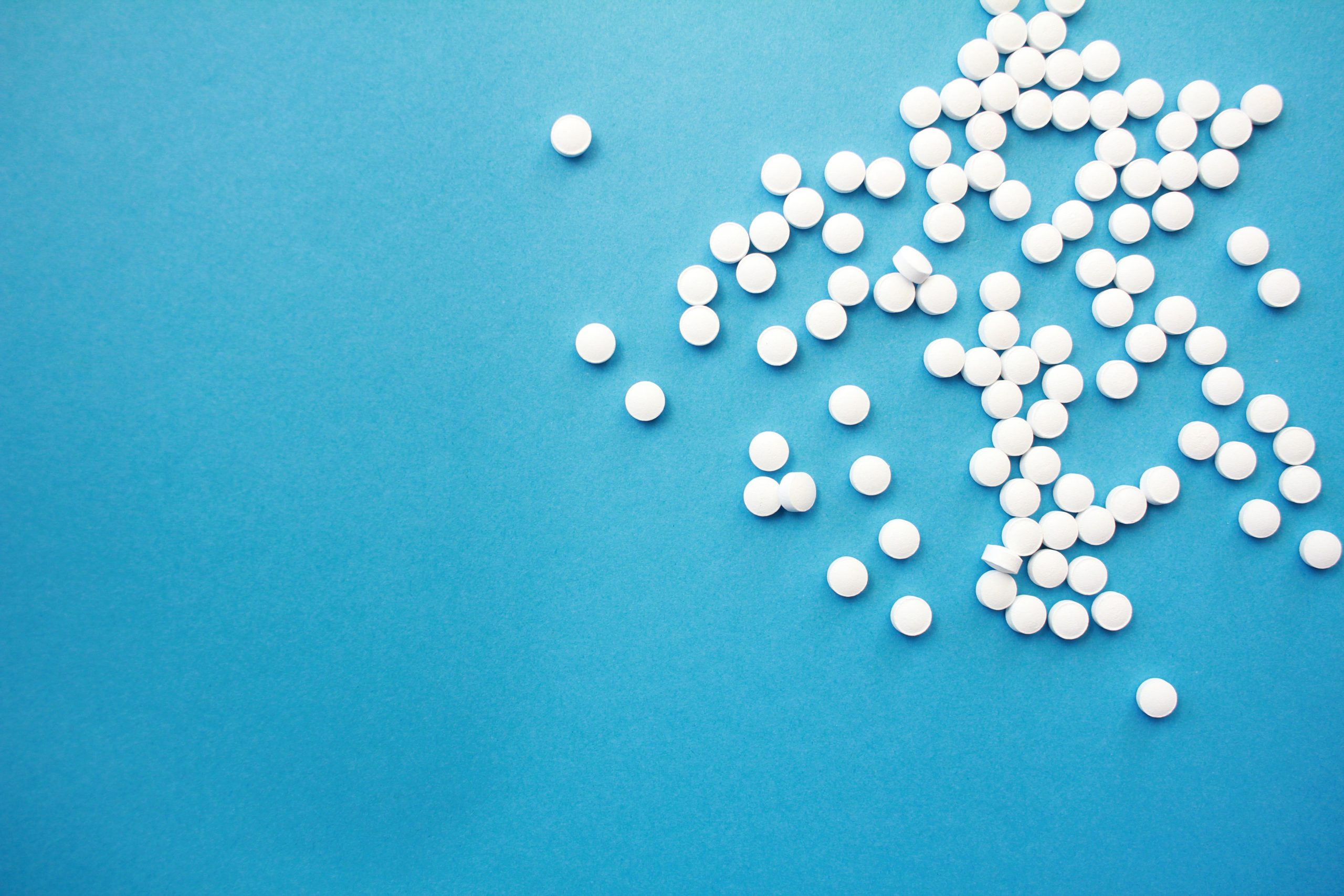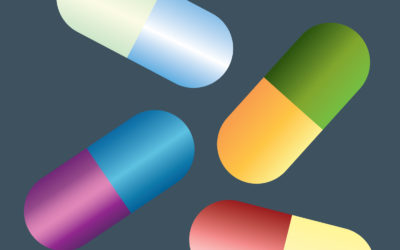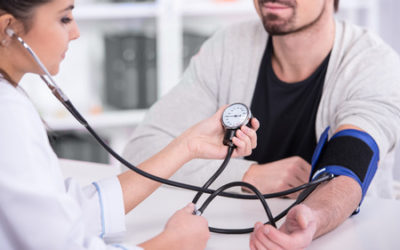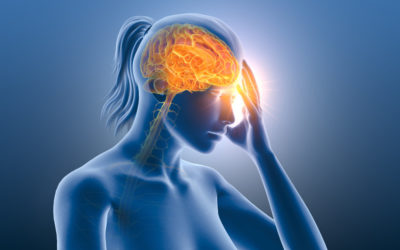High blood pressure is a common condition and is often without symptoms, but untreated high blood pressure can lead to stroke, heart disease, vision loss, chronic renal disease, and other blood vessel illnesses. Getting treatment for high blood pressure can help prevent these conditions from occurring.
Sometimes, lifestyle changes to diet and exercise can help with high blood pressure. However, if lifestyle changes are not enough to reduce your blood pressure to the target level, you may need to take medications to lower it.
When Should I Take Medication For High Blood Pressure?
Normal blood pressure is about 120/80 mmHg or lower. If your readings are higher than this consistently, your blood pressure is elevated. If your blood pressure is over 130/80 mmHg consistently, it is considered high blood pressure. Often your doctor can recommend lifestyle adjustments first and check your blood pressure two or more times if your blood pressure is not severely elevated. If your blood pressure is in the range of 120-129/80-89 mmHg, it is less likely that you will need medications to treat blood pressure and can start with lifestyle changes. If your blood pressure is greater than 130/80 mmHg, it is more likely that blood pressure medications may be indicated for you, especially if your blood pressure is higher than 140/90 mmHg.
If you have a higher risk of heart disease, diabetes, cardiac problems, or a history of stroke, medication management for high blood pressure is even more important.
Now you know when you should take medications for high blood pressure, but what is the best medicine for high blood pressure?
High Blood Pressure Medications
In most cases, only one medicine will be used at the start. If your blood pressure is very high, you may be prescribed two medications right away. High blood pressure is treated with a variety of medications. Work with your healthcare professional to choose which treatment option is best for you.
In the absence of other health conditions, there are four types of medications recommended as a first-line agent for high blood pressure treatment. These include the following:
Diuretics
Diuretic medications are often called “water pills”. They aid in the removal of sodium (salt) from your body through your kidneys and water from the blood follows the salt out of the body. As a result, your blood vessels don’t have to carry as much fluid, lowering your blood pressure. Thiazide type diuretics (like hydrochlorothiazide and chlorthalidone) are the diuretics of choice for treating high blood pressure.
Other types of diuretics include loop diuretics (ex. Furosemide, bumetanide), potassium sparing diuretics (ex. Amiloride, triamterene), and aldosterone antagonists (ex. Spironolactone or eplerenone), but these types are not considered first-line agents and usually are only used after other medications have been tried or if there are other health conditions indicating their use.
ACE Inhibitors
ACE inhibitors (angiotensin-converting enzyme inhibitors) help relax your blood vessels by preventing your body from making a substance that narrows the blood vessels, thus lowering your blood pressure. These medications include lisinopril, benazepril, captopril, and others.
Angiotensin II Receptor Blockers
Angiotensin II receptor blockers (commonly known as ARBs) are similar to angiotensin-converting enzyme inhibitors in how they act and typically should not be used together with ACE inhibitors. These medications include losartan, valsartan, candesartan, irbesartan, and others.
Calcium Channel Blockers
Calcium channel blockers work by preventing calcium from entering cells, which relaxes blood vessels. Calcium channel blockers include amlodipine, felodipine, nicardipine, nifedipine, verapamil, and diltiazem.
Other medications that are used second-line (after first-line medications have been tried) include:
Beta-Blockers
Beta-blockers cause the heart to beat at a slower and less forceful rate. They do help lower blood pressure, but to a lesser extent than those medications listed previously. These medications include metoprolol, carvedilol, bisoprolol, atenolol, nebivolol, and others.
Other, less commonly used, medications include Alpha-1 Blockers (ex. Doxazosin, terazosin, alfuzosin), direct vasodilators (ex. Hydralazine, minoxidil), direct renin inhibitors (ex. Aliskiren), alpha-2 agonists (ex. Clonidine), and other central acting drugs. These medications may be used if there are certain health conditions indicating their use or if other medications have not been effective in treating blood pressure.
Taking multiple medications may affect how a drug is absorbed or used by your body. Vitamins and supplements, as well as varied diets and alcohol, might alter how a medicine works in your body. Always check with your doctor to see if you need to avoid any foods, beverages, vitamins or supplements, or other medications while taking blood pressure medication.
Get Discounts On Medicine For High Blood Pressure
With the Easy Drug Card, you may save up to 80% on your prescription medications! Our free prescription drug discount card has no fees or any costs associated with it. We make it free and easy for you to get the best deals at over 65,000 pharmacies around the country! Visit our website today to get your free discount prescription drug card!
Resources:
“High blood pressure (hypertension)” Mayo Clinic, 2 august 2021, https://www.mayoclinic.org/diseases-conditions/high-blood-pressure/diagnosis-treatment/drc-20373417
“Types of Blood Pressure Medications” American Heart Association, 2 August 2021, https://www.heart.org/en/health-topics/high-blood-pressure/changes-you-can-make-to-manage-high-blood-pressure/types-of-blood-pressure-medications
“High Blood Pressure (Hypertension)” Harvard Health Publishing, 2 August 2021, https://www.health.harvard.edu/a_to_z/high-blood-pressure-hypertension-a-to-z












